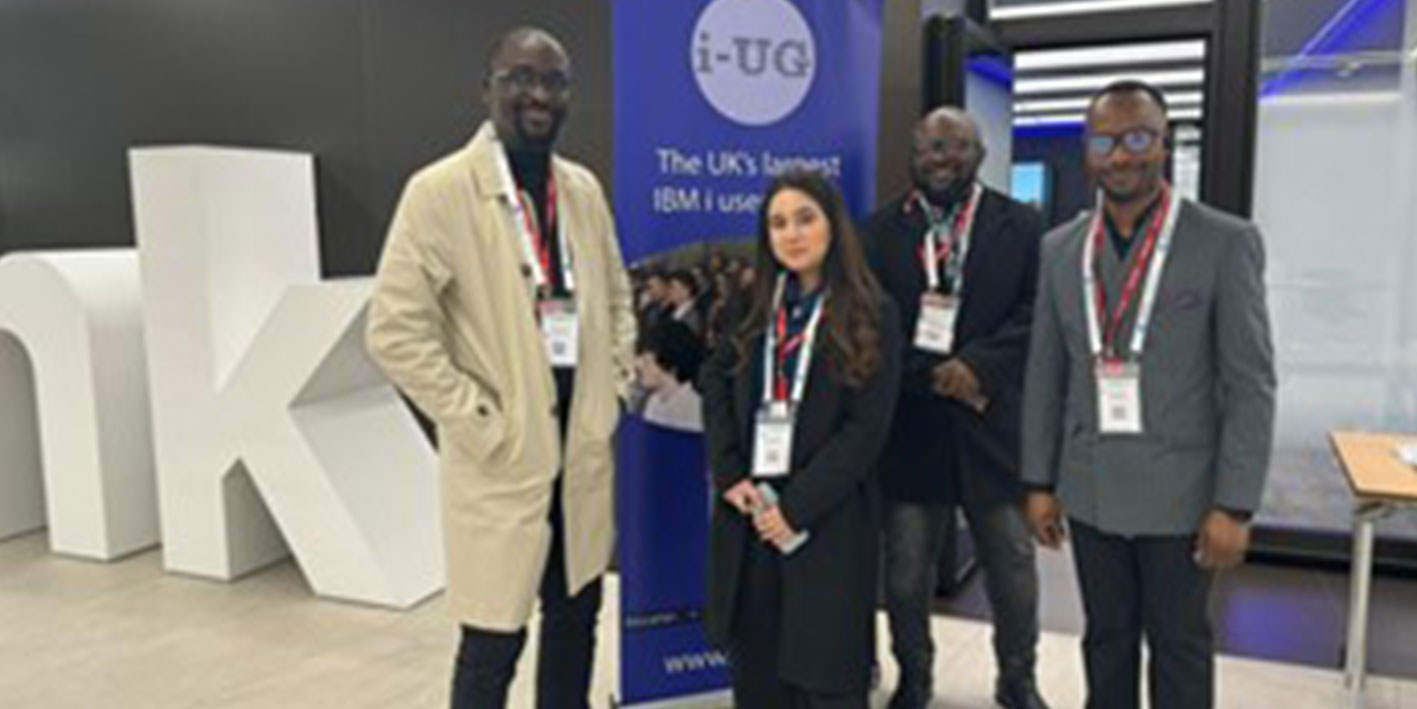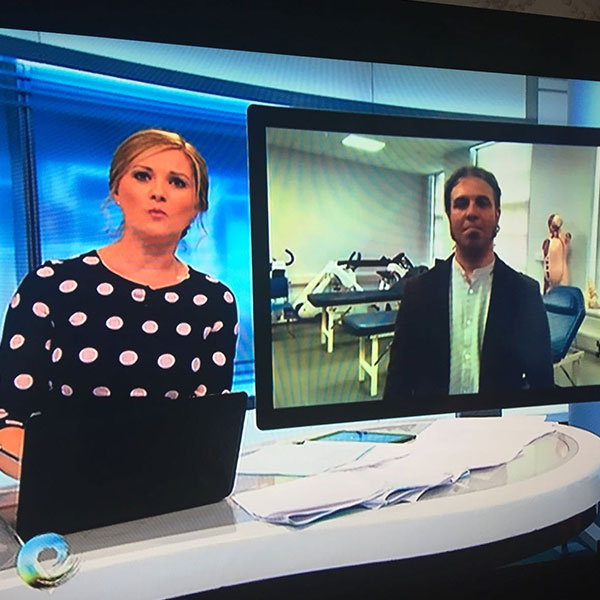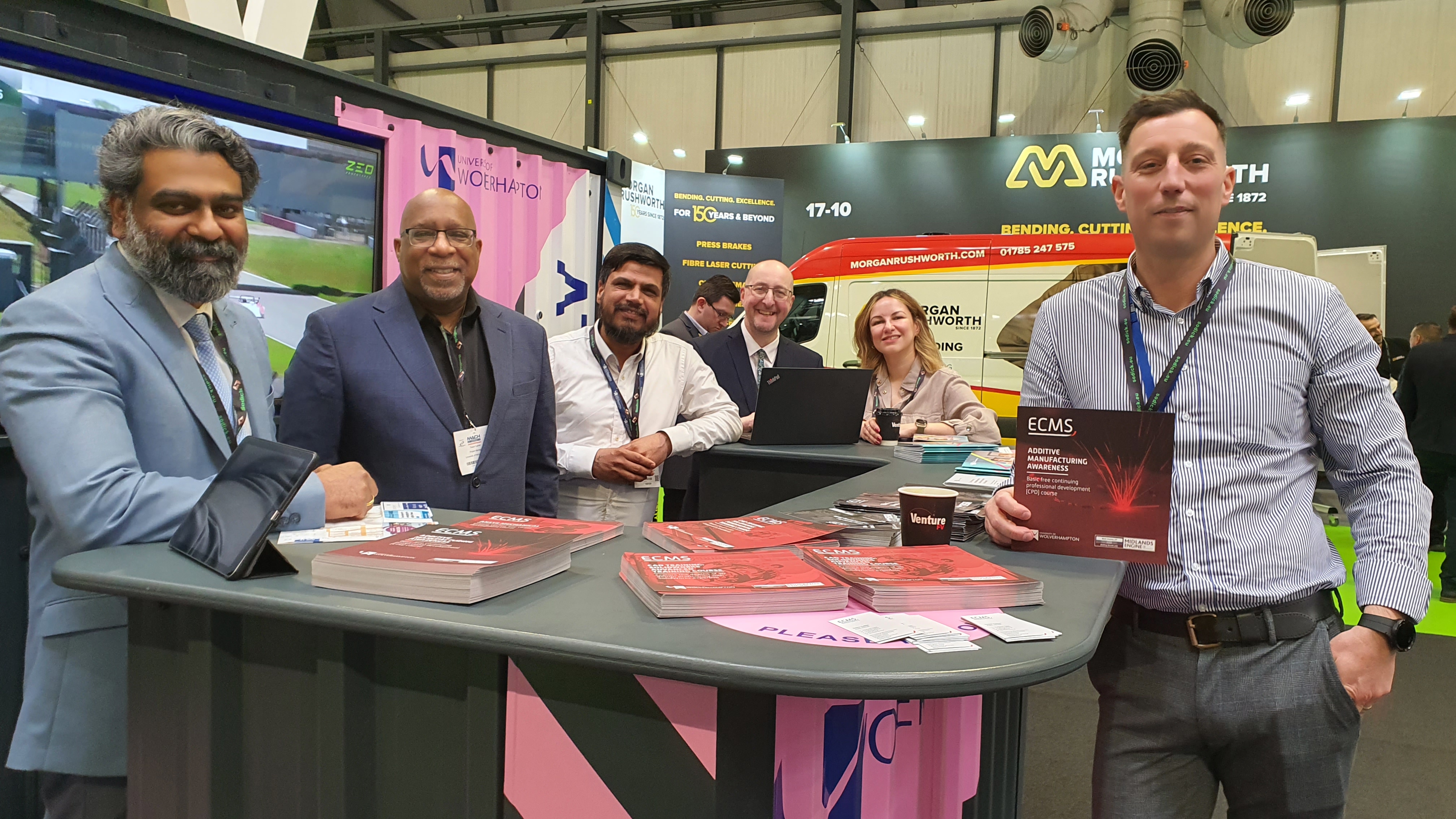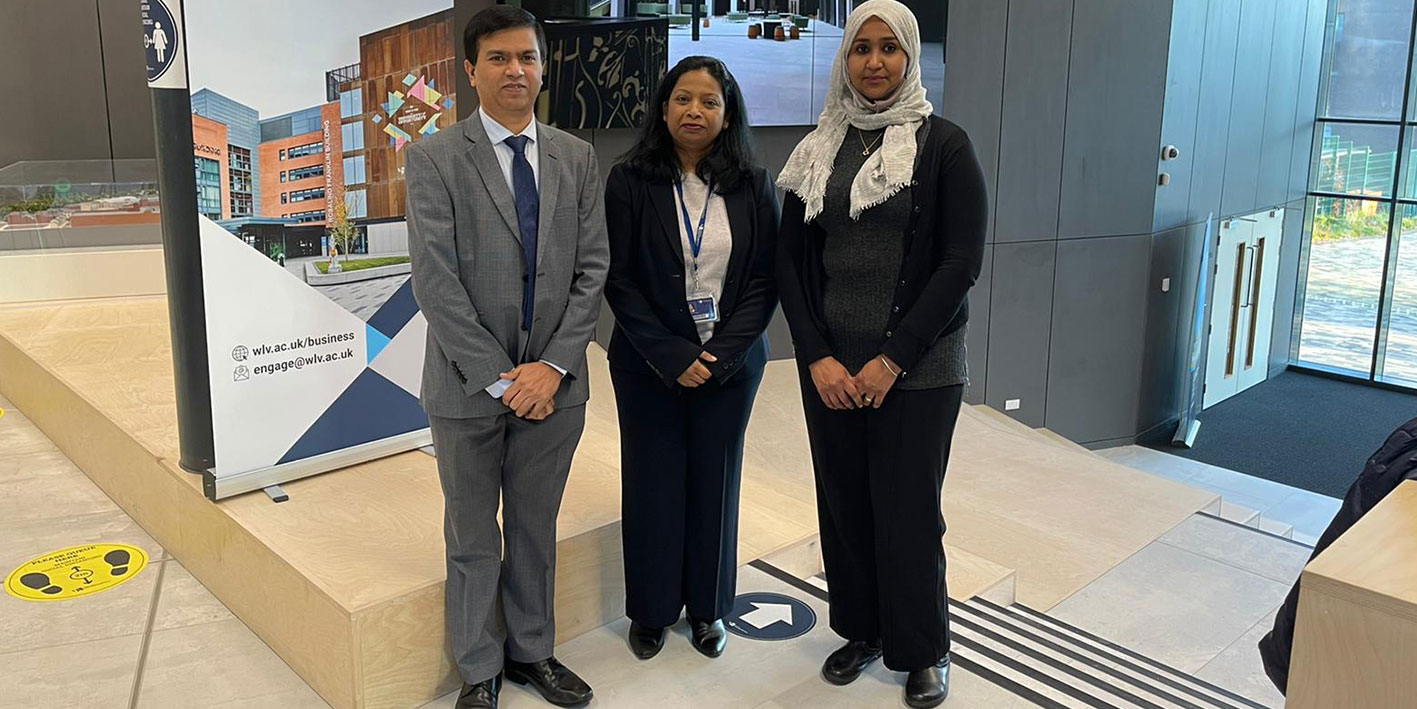
A Pizza The Action For Martin!

Dr Martin Khechara was in early this Friday morning to do some marking as part of his role as Senior Lecturer in Biomedical Science at the University of Wolverhampton.
Yet by 11am he had appeared on the Victoria Derbyshire Show on the BBC, talking about ‘Takeaway Trauma’, interviewed live from one of the University’s Science laboratories.
Martin had been involved in a study carried out by the University’s biomedical sciences department, in partnership with Chicago Town, looking at how people’s wellbeing and stress levels could be affected by the time spent waiting for a takeaway pizza.
During the study, participants ordered and waited for their pizza whilst wearing heart rate monitors to measure pulse fluctuations, as well as monitoring stress levels using the psychometric questionnaire and the UMACL - UNWIST Mood Adjective Checklist.
A full press release has been put together about the study, which discovered, amongst other findings, that the average heart rate increased from a baseline, or relaxed 70 BPM, to 87 BPM in the period following ordering a pizza.
The research has also prompted plenty of local and national media interest, including Martin’s live interview via Facetime on Victoria Live on BBC 2 this morning. Over the weekend the extensive coverage continued, including not only across the United Kingdom but also a TV channel in Tennessee.
“We were asked to do a piece of work using student participants looking at the physiological and emotional stress people might suffer when they order a takeaway,” Martin explained.
“It is a normal activity that a lot of people do, and it was just about seeing what changes there might be.
“There were some effects but we are not saying, ‘don’t order a takeaway as something really serious might happen’!
“It is just worth remembering that everyday things can sometimes lead to profound effects over time.
“The response from the media wasn’t necessarily something I was expecting and to get an email early in the morning from the BBC did put me on the back foot a little bit!
"But we all pulled together and managed to get the interview out and it seems to have had a good response.
“People might ask why we carried out this study but a part of my job at the University is trying to create conversations about science.
“If people are out there in the community thinking about health, thinking about their body, thinking about any aspect of science, then I think we are doing our jobs right!”
For more information please contact the Corporate Communications Team.


/prod01/wlvacuk/media/departments/digital-content-and-communications/images-2024/240328-Varsity-Line-Up-Resized.jpg)
/prod01/wlvacuk/media/departments/digital-content-and-communications/images-18-19/220325-Engineers_teach_thumbail.jpg)
/prod01/wlvacuk/media/departments/digital-content-and-communications/images-2024/240423-Additive-Research-Centre-Launched.jpg)
/prod01/wlvacuk/media/departments/digital-content-and-communications/images-2024/240320-Uzbekistan-Resized.jpg)
/prod01/wlvacuk/media/departments/digital-content-and-communications/images-2024/240229-The-Link-Resized.jpg)
/prod01/wlvacuk/media/departments/digital-content-and-communications/images-2024/240416-Abi-Dare-Resized.jpg)

